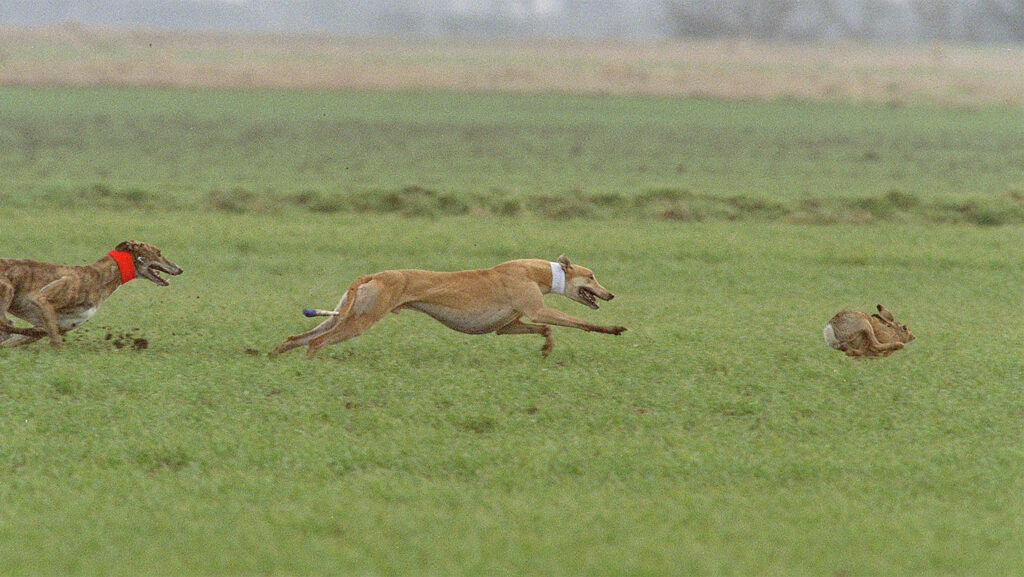Rise in violent hare coursing incidents seen in South Wales
 © Tim Scrivener
© Tim Scrivener A rise in violent incidents linked to hare coursing signals the urgent need for farmers to be better supported by the local police force, says NFU Cymru.
Recent weeks have seen farmers in the Vale of Glamorgan increasingly threatened with physical violence, shooting and arson when asking hare coursers to leave their property.
The union said many farmers no longer feel safe in their homes, and South Wales Police is the only service area in Wales without a rural crime team.
See also: Rural crime survey launched to assess progress in Wales
“It is not uncommon for farmers in the Vale of Glamorgan to experience damage to crops, damaged fences and gateways caused by hare coursing on their land,” said NFU Cymru deputy president Abi Reader.
And incursions onto farms had become more brazen, confrontational and aggressive in recent months, she said.
“It is the first time I can remember so many incidents of farmers being subjected to such a high level of intimidation and violence simply for confronting people conducting illegal activity on private land,” she said.
Dedicated team needed
The union has written to South Wales police and crime commissioner Emma Wools, asking her to provide “reassurance and urgent support” for farmers blighted by criminal activity.
The recent incidents, it says, make a compelling case for South Wales Police to introduce a dedicated rural crime team to address the violent behaviour of hare coursers, as well as other criminal activity including tool and machinery thefts, dog attacks, fly-tipping and livestock thefts.
“It has become clear from our most recent meetings with South Wales Police that alongside their day-to-day policing duties, the local service isn’t equipped to tackle the volume and severity of the issues our members are experiencing,” said Ms Reader.
Underreported
NFU Cymru added that while incident reports of hare coursing in the Vale of Glamorgan had risen significantly compared to the previous 12 months, the data didn’t accurately reflect the true scale of the problem.
“For this reason, it is vital that farmers report any incidents of crime to the police on 101, or call 999 in instances where someone is in immediate danger,” Ms Reader added.
